American Academy of Pediatrics: Policy Statement on Supporting Transgender, Gender-Diverse Youths
 In recent years, “gender identity” has increasingly been recognized as a complex concept that goes beyond traditional definitions of masculinity and femininity. Society struggles to adapt to and appreciate the diverse experiences of transgender and gender-diverse (TGD) individuals, which contributes to intolerance, discrimination and stigma. In this context, TGD youths and their families increasingly present to pediatric providers for advocacy, care and referrals. Read more ›
In recent years, “gender identity” has increasingly been recognized as a complex concept that goes beyond traditional definitions of masculinity and femininity. Society struggles to adapt to and appreciate the diverse experiences of transgender and gender-diverse (TGD) individuals, which contributes to intolerance, discrimination and stigma. In this context, TGD youths and their families increasingly present to pediatric providers for advocacy, care and referrals. Read more ›

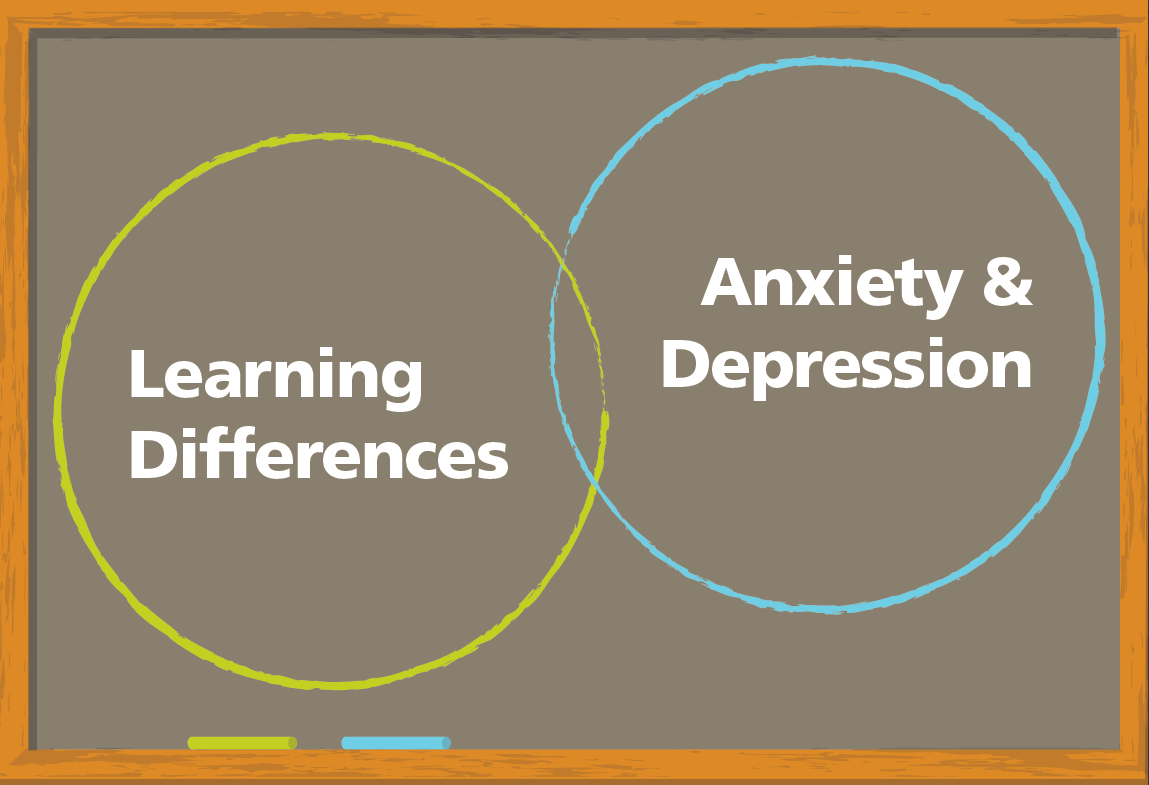
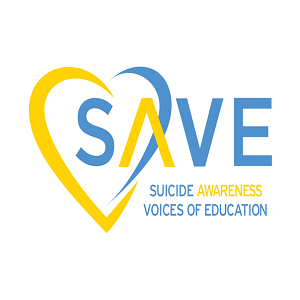
 One of the nation’s first organizations dedicated to the prevention of suicide,
One of the nation’s first organizations dedicated to the prevention of suicide, 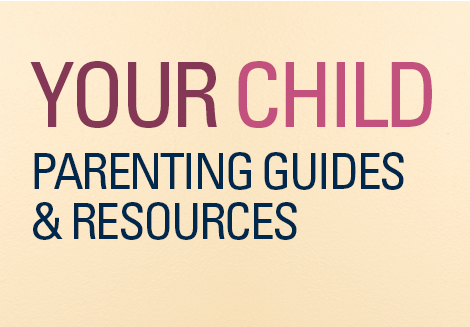
 Is your baby meeting the typical developmental milestones? Do you have questions about your preschooler’s behavior and development?
Is your baby meeting the typical developmental milestones? Do you have questions about your preschooler’s behavior and development? 
 Just over a year ago, CHC opened its doors to a new Intensive Outpatient Program (IOP) for teens in Palo Alto. Now, in collaboration with
Just over a year ago, CHC opened its doors to a new Intensive Outpatient Program (IOP) for teens in Palo Alto. Now, in collaboration with 
 It can be difficult to know the difference between having social anxiety and being awkward, introverted, or shy. The American Psychological Association’s
It can be difficult to know the difference between having social anxiety and being awkward, introverted, or shy. The American Psychological Association’s 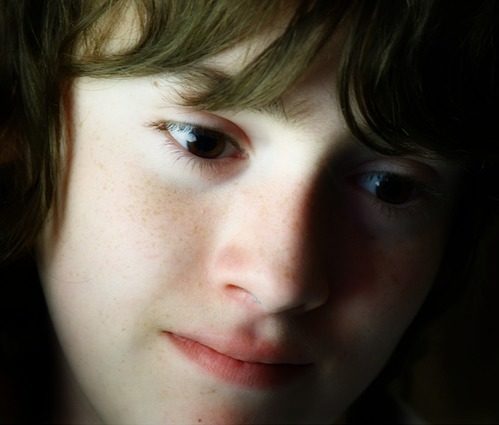
 If I had been asked to list my parenting worries, my daughter dying from a heart attack caused by an eating disorder wouldn’t have made the cut. Norah scoffed when doctor after doctor asked her about body image. “I like the way I look; my body is fine,” she said. “I’m just nauseous.”
If I had been asked to list my parenting worries, my daughter dying from a heart attack caused by an eating disorder wouldn’t have made the cut. Norah scoffed when doctor after doctor asked her about body image. “I like the way I look; my body is fine,” she said. “I’m just nauseous.” 
 Avoidant Restrictive Food Intake Disorder (ARFID) was previously referred to as “Selective Eating Disorder.” ARFID is similar to anorexia in that both disorders involve limitations in the amount and/or types of food consumed, but unlike anorexia, ARFID does not involve body image issues.
Avoidant Restrictive Food Intake Disorder (ARFID) was previously referred to as “Selective Eating Disorder.” ARFID is similar to anorexia in that both disorders involve limitations in the amount and/or types of food consumed, but unlike anorexia, ARFID does not involve body image issues.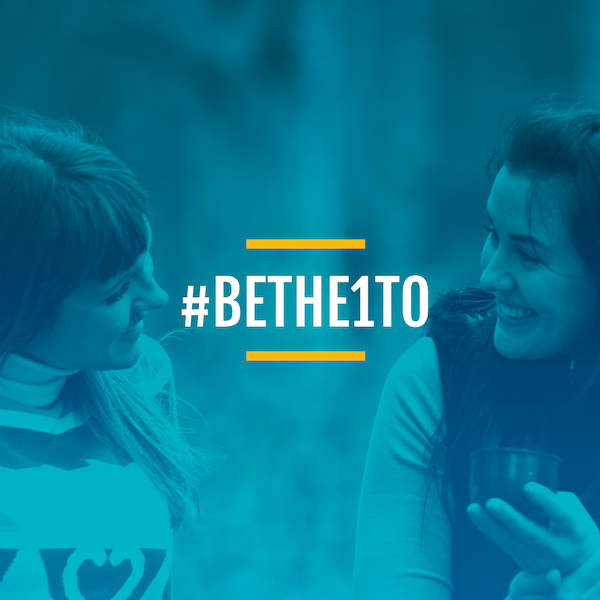
 #BeThe1To
#BeThe1To

